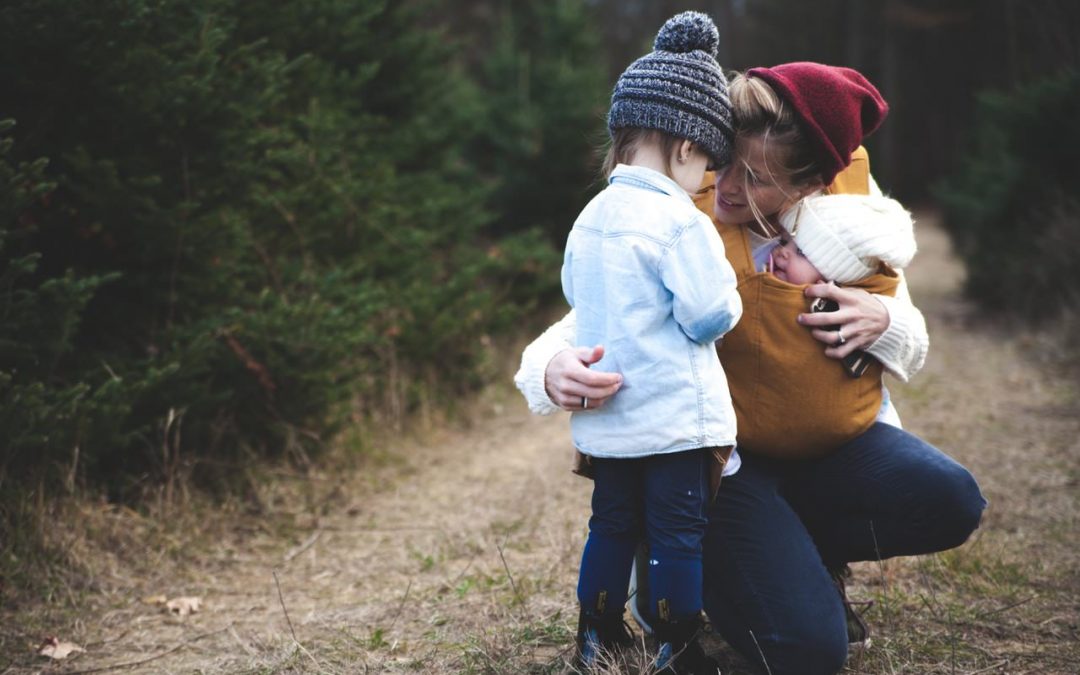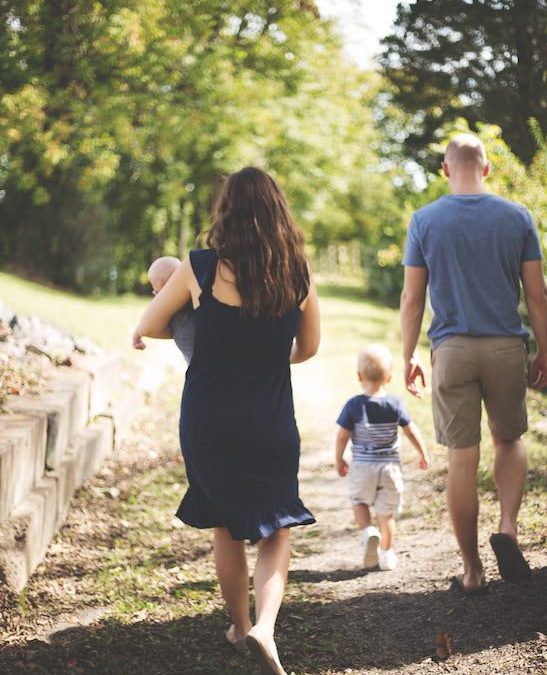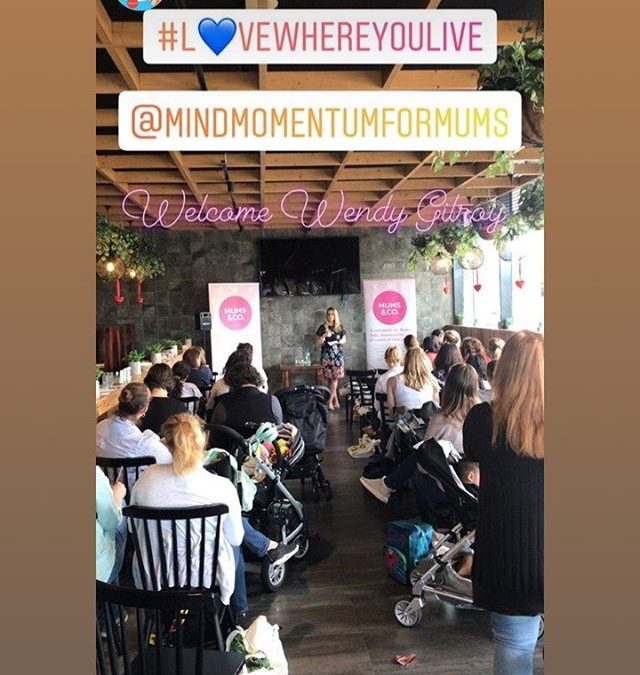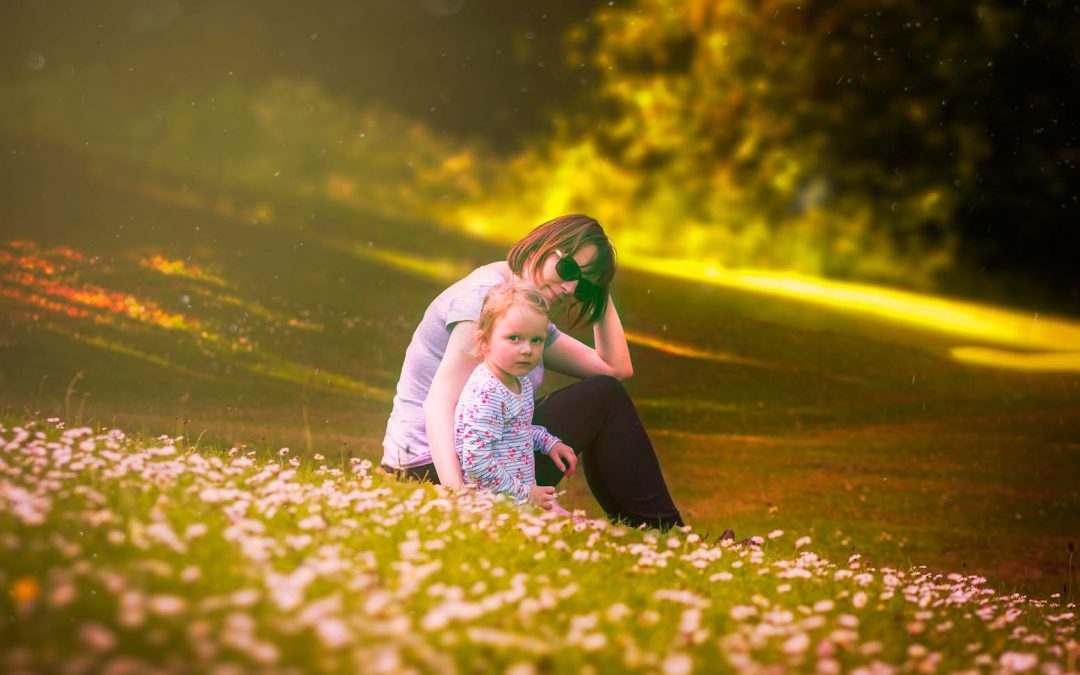How to Better Understand Your GRIEF after Losing a Loved One

Shock… Pain… Overwhelming Sadness… Confusion… Hopelessness… Helplessness… Despair… Depression… Anger…
These are some of the feelings that can accompany the loss of a loved one.
If you’ve lost someone close to you, you’ll know the pain and often-times overwhelming emotions that accompany your loss. You might also wonder how you’ll ever manage to cope, and carry on with life as ‘normal’ again.
There are 5 stages of Grief and Loss (outlined by Kubler-Ross, 1969), which we can go through during this difficult time in life.
These stages can be helpful for you to understand what you’re experiencing, and why you’re having certain thoughts and emotions.
It’s critical to understand that allowing yourself to go through these emotional experiences, rather than suppressing them, or continually denying them, will help you move toward living a more meaningful and purposeful life, following your loss.
Your grief is as unique to you as your personality.
There is no right or wrong way to grieve.
There is not one way to grieve, to get over the pain sooner.
And, there is no magic time-line by which you should experience these 5 stages and feel ‘better’.
Whatever way you need to grieve, however long it takes you, is absolutely okay.
This is your process.
Sometimes, people look to those around them, for guidance on how they ‘should’ be feeling.
This can be unhelpful or confusing.
A family member, friend or colleague’s reaction to a loss, may be a world apart from how you are grieving, or how you need to process this sad or sudden news.
I recall losing a lifelong school friend when I was 17 years old. This was a sudden, tragic accident.
I remember being in shock and falling to the ground at school when I found out what had happened to my friend.
I also recall how another lovely friend of mine shed no tears at school throughout this time – and back then, this made no sense to me at all.
I remember thoughts such as:
How could she not be crying?
Isn’t she devastated that we’ve lost our friend and classmate so tragically?
What’s wrong with her?
Every loss is different. Every response to loss is unique.
What we understand from a therapy point of view, is that sharing your grief, expressing your thoughts and feelings, in a safe and non-judgemental space, and letting everything out to at least one other person – is vital to your healing process.
You need to be heard.
These 5 stages, help us work through our feelings, to allow us to move forward and live more meaningfully after our loss.
This is by no means a linear process; it can be messy, confusing, lengthy or up and down in emotional intensity.
1. Shock and Denial
This is the first stage. You may be in shock and feel numb. Everything can feel overwhelming and pointless. You may feel confused, and wonder how you will get through each day and carry on with your life.
This is the beginning of your healing process, and will allow you, in time, to connect with your other, deeper emotions and thoughts that also need to be shared and processed.
2. Anger
Anger can be a very unpleasant emotion to feel. Yet, it’s so important that you allow yourself to feel and express it. Underneath anger, are other emotions – ones which you will get to when you’re ready.
But first, acknowledging the anger or blame that you may feel, and letting it out, can help you move on by using anger as an ‘anchor’ to feeling other emotions that lie underneath it.
3. Bargaining
For many, guilt is a big part of this process. Reflections on the lead up to the loss may play over and over in your mind. There might be an inner dialogue you have regarding the diagnosis, the event, the timing of things, what was said or done, what could have been different, what you ‘should’ have done/said, etc. You may feel stuck in the past, as you bargain your way through things in your mind. You might feel as though you’ll do anything to no longer feel the pain.
Remember that these stages are a response to feelings we have at the time – and can last a couple of minutes, or hours. They are always evolving and changing – and this is just a part of the process. Talking these thoughts through, with a trusted person can help you navigate your way through this.
4. Depression and Detachment
When you move your mind back into the present, you may feel a deep sense of loneliness. These depressed feelings are a natural human response to your loss.
Grief-stricken depression is not a mental illness.
Depression is one of the natural and expected feelings along the bumpy road of healing.
5. Acceptance
You’re in a new place now.
This stage is about accepting that your life is different; your loved one is no longer here with you physically. You might never feel ‘okay’ with this loss, but it’s the reality that life is permanently different now, that you have accepted.
You may still have good days and bad days, but you’re learning to live in a newer, more meaningful way, while honouring your loved one who has been lost.
This may be an opportunity to make new connections, live differently, forge stronger bonds with family, friends or peers, and find a new meaning that is important to you personally.
Wendy

Wendy Gilroy is a Mother of 2, and a professional Counsellor for women. Wendy has a degree in Psychology, a Masters degree in Addiction Studies, and a Diploma of Counselling. She lives in Sydney, Australia, and offers secure ONLINE counselling for women around the world, as well as telephone, face-to-face and home visit services for mums.
Download Wendy's FREE e-guide
Tips for Reducing Stress and Anxiety in your Day.

Disclaimer: This is for information purposes only. If you have any concerns about your physical or mental health, please consult your healthcare practitioner for medical advice.





